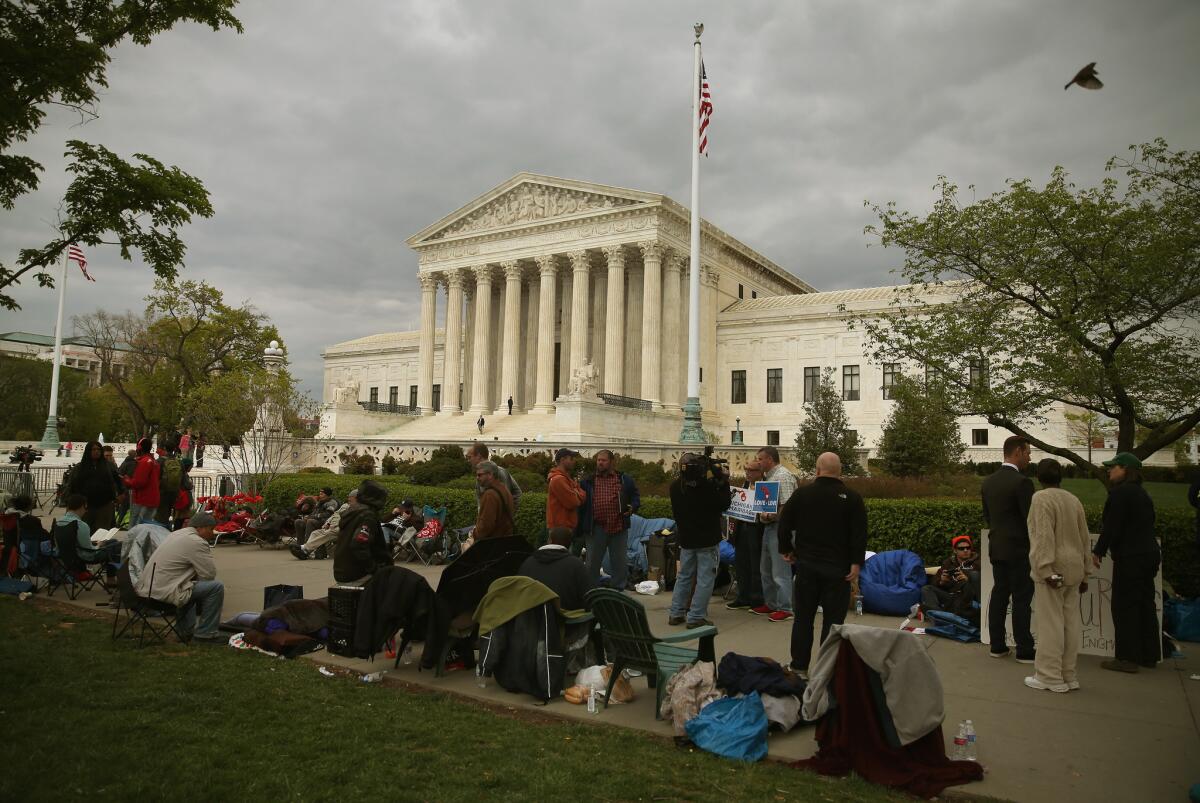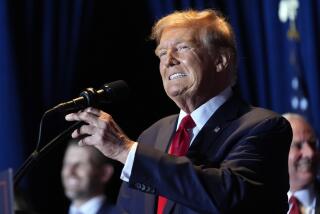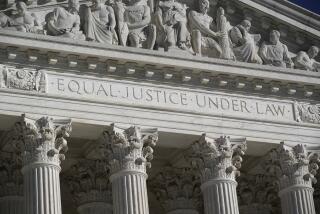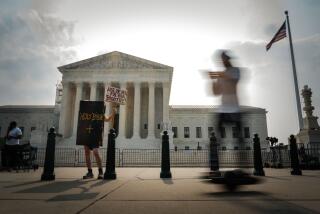Opinion: The Supreme Court shrouds itself in secrecy. That needs to end

On the eve of its new term, the Supreme Court adopted a revised rule for oral arguments, changing 200 years of practice. This should be the impetus for other long overdue reforms, specifically to increase the transparency of the court’s work.
Under guidelines announced on Thursday, October 3, advocates will now have two minutes to talk uninterrupted before the justices begin asking questions. As one who sometimes argues before the court, I welcome this change. At my first oral argument in 2002, I got out about five words before Justice Scalia interrupted me. The new procedure will allow lawyers to express their basic thesis before the questions begin.
This reform likely reflects how oral arguments in the Supreme Court have changed over time, with far more questions from the justices and much less time to answer than before.
This new practice will affect the justices and the 150 or so lawyers who appear before them each year, but there is a need for reforms that are far more important to all Americans. The Supreme Court continues to operate with much less transparency than any other government institution.
For example, when the Supreme Court agrees to take a case or denies review, there generally is no indication of which justices voted to take the case and which voted against hearing it. Occasionally, a justice might write a dissent from the denial of review, but other than that there never is a public revelation of how the justices voted. The court has virtually complete discretion about whether to hear a case. I do not understand why the justices keep secret their votes on which ones to take.
Another area where there is unjustified secrecy is not announcing a day or two in advance which decisions will be handed down. Many state courts do this and it has posed no problem. But in the Supreme Court, except for the last day of the term when it is obvious which cases are left, no one knows which decisions will be anounced. Again, I cannot understand what is gained by this secrecy.
The most urgent need for openness in the court is having all of its proceedings broadcast. The court hears cases that affect all of us, often in crucial aspects of our lives. But few can attend oral arguments or the announcement of decisions. Broadcasting court proceedings would permit the entire nation to see a crucial branch of government at work.
The Supreme Court releases transcripts on the day of an oral argument and audio recordings on the following Fridays. Occasionally, for very high profile cases it has allowed broadcasting of the audiotapes of oral arguments immediately after they conclude. But if people can hear the tapes a couple of days later and sometimes just minutes after the arguments conclude, it is impossible to see the harm in allowing the public to see or hear the proceedings live.
The argument against broadcasting from the court is that it will change the behavior of lawyers. But many federal courts of appeals and state supreme courts broadcast their proceedings and have seen no indication of this. Especially in the Supreme Court, there is no basis for concern. The lawyers, who are focused on answering intense questioning from the justices, are unlikely to alter their arguments to play to the cameras. Besides, anyone who has witnessed a Supreme Court argument, knows that the justices are firmly in control of the proceedings. Justices and lawyers know that the arguments, especially in high profile cases, are going to be extensively covered in the media and audiotapes will be publicly available. In this context, there is no reason why live broadcasting will change behavior.
I have heard justices express concern that if television cameras were allowed, the media might broadcast excerpts that offer a misleading impression of arguments and the court. But that is true when any government proceeding is taped or even when print reporters cover an event. A newspaper or television reporter could quote a justice’s question or a lawyer’s answer out of context. The Supreme Court should not be able to protect itself from misreporting any more than any other government institution can do so.
My sense is that broadcasting Supreme Court arguments would enhance the credibility of the court at a time when its esteem with the public, like that of all government institutions, has suffered. If people could watch the arguments and the announcement of decisions, they would see men and women – the justices and the advocates – dealing with issues of great importance in a careful, reasoned manner. Everyone would benefit from greater transparency.
Erwin Chemerinsky is dean of the UC Berkeley School of Law and a contributing writer to Opinion.
More to Read
A cure for the common opinion
Get thought-provoking perspectives with our weekly newsletter.
You may occasionally receive promotional content from the Los Angeles Times.






